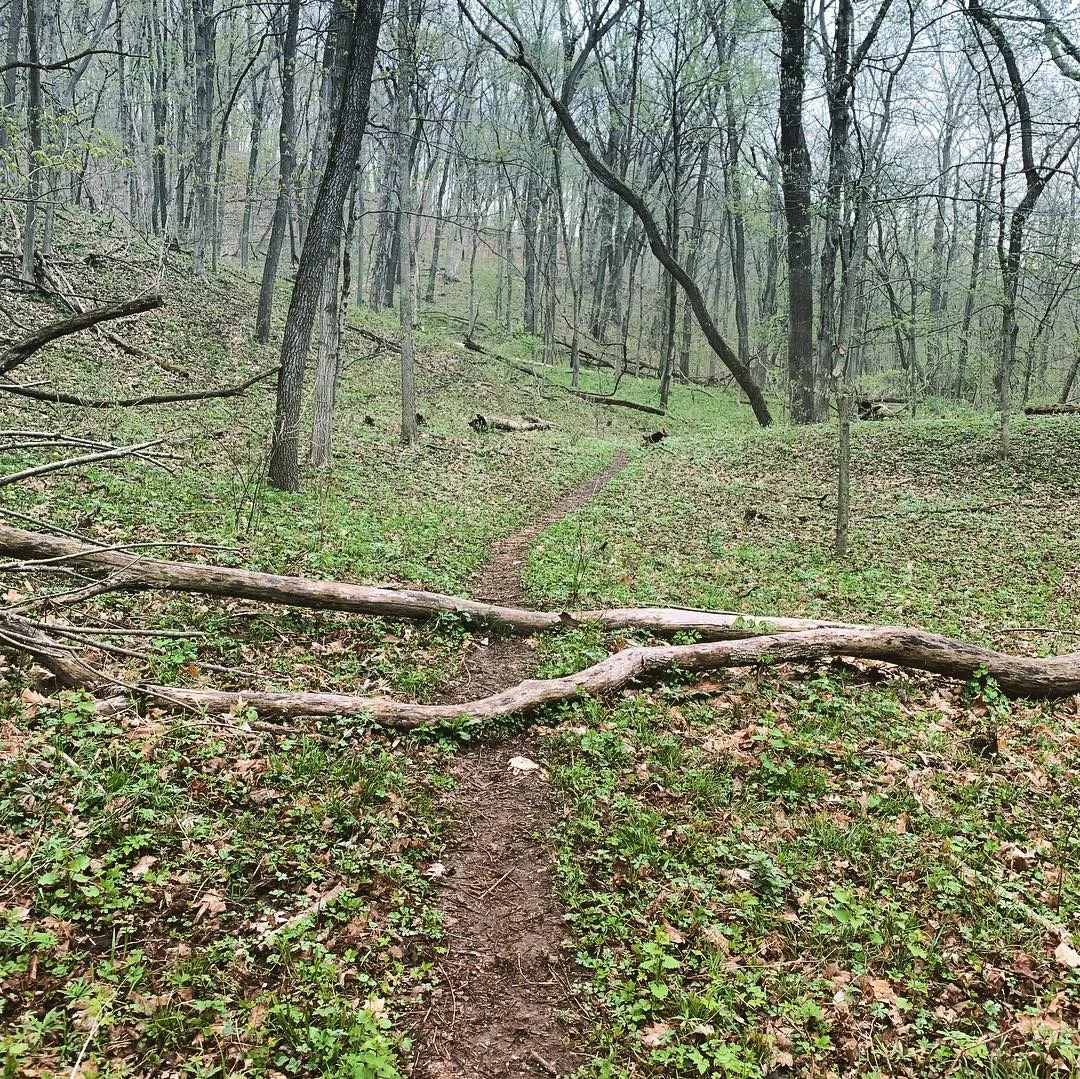Justice Is True Faith's Expression
a hymn by Aaron Schultz
a reflection on Isaiah 58:1-14
Meter: 8.7.8.7.8.7
Suggested Tune: PICARDY
1. Marked by worn transfigured faces,
righteous bow their heads in pride;
day by day the pious worship,
while defection lives inside.
Knowledge, zeal, and strict devotion
form a mask to hide behind.
2. Break the bonds of veiled injustice:
clothe the naked, feed the poor,
free the captive, house the wand’rer
as if Christ were at the door.
Forming peace amidst the broken
is the fast God asks us for.
3. Justice is true faith’s expression,
leaving healing in it’s wake.
Christ, who suffered all injustice,
became poor for humans’ sake.
Let our worship lead to mercy,
justice in our hearts awake.
Notes:
Isaiah 58:1-14 is a particularly challenging text for worship leaders because it reveals the true purpose behind pious worshipful action; to be the hands and feet of God in this world. Yes, worshiping through song and prayer is important. Yes, fasting and pursuing practices of restraint are important. Yes, participating frequently in the Eucharistic meal is important. But these acts of worship are not destinations in and of themselves; they are catalysts for justice and move us into action. These acts of worship help transform us into Christ-likeness and draw us closer in community with one another.
This hymn text attempts to point at our own hypocrisy with strong language while revealing the demands of faith as expressed through our collective call to justice.
When we are tired from an exhausting schedule, it is tempting to grab the low hanging fruit of distraction instead of demanding more from idle moments. The wisdom in Psalm 92 calls us to be rooted in an extended state of gratitude and reflection; allowing both our productive and passive moments to align with our highest intentions of spending our time in such a way that energizes our soul and connects to what matters most. It calls us to evaluate our time not by what you can get accomplished, but how your accomplishing, striving, and doing resonates with the potential of moments to align ourselves with joy, fulfillment, and restful contentment.
Gratitude has a transformative and refining quality. It reframes moments, memory, experiences, and mindsets by cutting through to what matters most in life. Through a spirit of gratitude, we are forced to recognize the gravitational pull of God’s love and locate the evidence of how that love reveals itself in your life. Gratitude, then, is a practice of both being aware of the divine in your own life and allowing yourself to be transformed by it constantly.
Featuring the celebrated poetry of Malcome Guite, this Good Friday service invites you on a journey through Holy Week via the Stations of the Cross. You are welcome to go through this service individually or as a family.
This is a very short Maundy Thursday liturgy I am using with my choir via Zoom since we are at home amidst the Coronavirus pandemic.
In this series, Felix Mendelssohn’s Song Without Words is paired with contemplative writings as daily meditations. Feel free to integrate these into your own practice of prayer.
This Reflection and Guided Meditation engage with how our concept of “Home” has changed in the COVID-19 epidemic. We all are affected because we all are connected.
This prayer is an inquiry into one of the mysteries at the heart of the Transfiguration; what is Jesus’ relationship to the Father, what is his relationship to the prophets Moses and Elijah, and what does this mean about our relationship with Jesus the Christ.
The Beatitudes in Matthew 5 reveal how backwards the goals of the Kingdom are from the world in which we inhabit. In this post I offer an exercise of using the litany structure of the Beatitudes to create a prayer for personal or communal use.
We are created by Love, in Love, through Love, and for the sake of love. Our essence is good, beautiful, and holy because at our core we embody Divine Presence.
One of my regular prayer practices is walking through the woods. It creates an immersive experience of quiet and contemplation while allowing my mind to wander and free itself from the demands of the day. This poem was quickly drafted during one of my morning walks.









